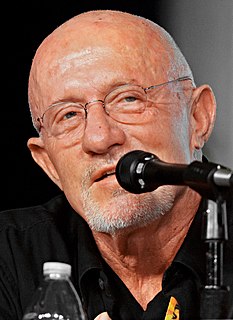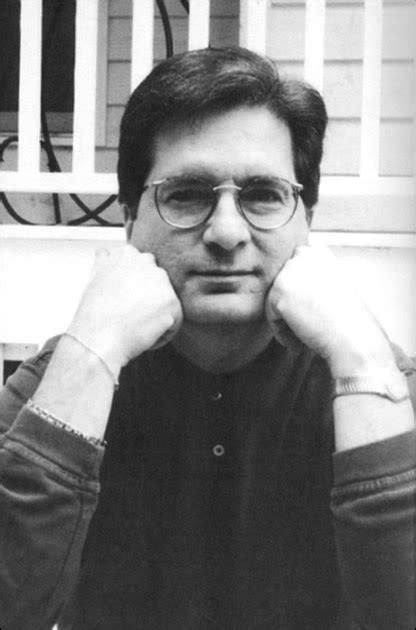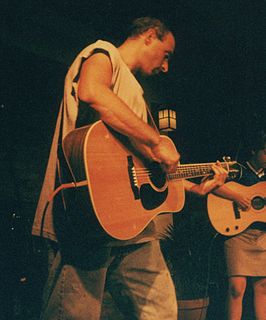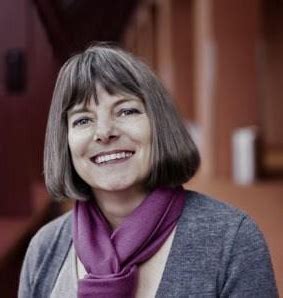A Quote by Billy Collins
There are just long gaps where I can't find a point of insertion, I can't find a good opening line, I can't find a mood that I want to write into. But once I do, once a line falls out of the air, or I get a little inkling of a subject and I recognize that, it's like the sense that a game has started.
Related Quotes
There are all sorts of theories and ideas about what constitutes a good opening line. It's tricky thing, and tough to talk about because I don't think conceptually while I work on a first draft -- I just write. To get scientific about it is a little like trying to catch moonbeams in a jar. But there's one thing I'm sure about. An opening line should invite the reader to begin the story. It should say: Listen. Come in here. You want to know about this.
When you write, you lay out a line of words. The line of words is a miner's pick, a wood carver's gouge, a surgeon's probe. You wield it, and it digs a path you follow. Soon you find yourself deep in new territory. Is it a dead end, or have you located the real subject? You will know tomorrow, or this time next year.
You asked me if I believed in magic, and I said yes, and that's how. You just step out, start pulling your life out of the air. You make friends, you find work you really like doing, you find places. You find diners and Laundromats. You find beaches. You find a junk car and drive it for a month, then lave it beside the road. You find someone to fall in love with you. You make it all up as you go. Or, you know, maybe it makes you up.
Even when there's not a joke or a hook, the first line has to be good and snapem to attention. Songs ain't novels. You don't have 30 pages to slowly wrap somebody in. They're more like short stories or poems. If the first line hasn't grabbed them, you won't get to the second line. Once you've developed an audience, you may have some luxury and trust, so you don't have to knock 'em over the head with line one.
Crow paced back and forth, his form flickering like flame. "It's been a thousand years, Alister. I never intended for anyone to find it, so it's very well protected. One little misstep, and you and my line will be history." "Since when are you so concerned about your line?" Han said. Crow stared at him for a long moment. "Since I found out I had one.
The bottom line for mathematicians is that the architecture has to be right. In all the mathematics that I did, the essential point was to find the right architecture. It's like building a bridge. Once the main lines of the structure are right, then the details miraculously fit. The problem is the overall design.







































